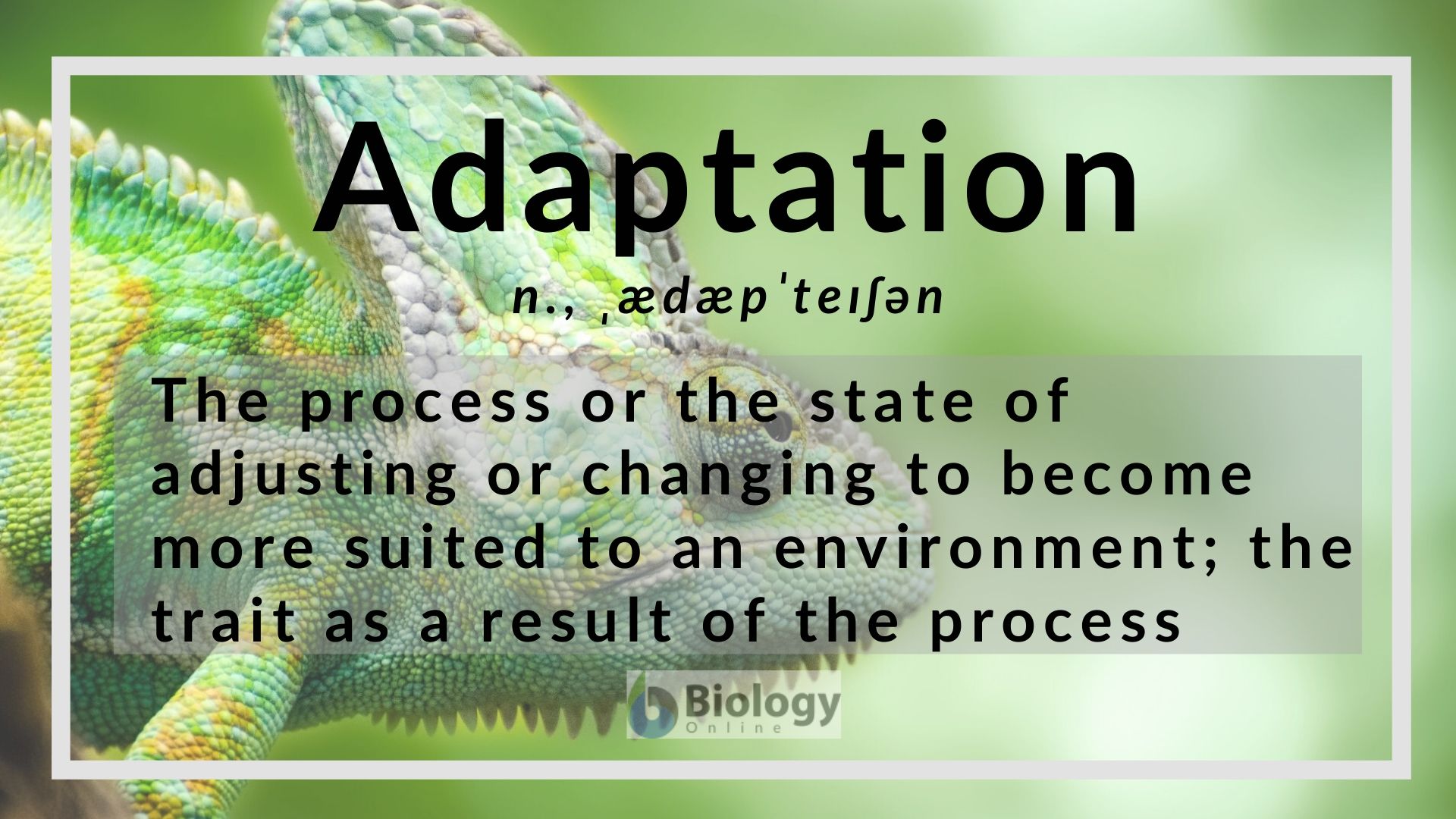The Art of Adaptation: How Rich Rodriguez Thrived in Different Environments. This compelling narrative explores the remarkable career of Rich Rodriguez, a coach whose success hinges on his uncanny ability to navigate vastly different environments. From the high-pressure world of major college football to the unique challenges of various institutions, Rodriguez’s journey offers invaluable lessons in adaptability and leadership.
This examination delves into his evolving coaching philosophies, strategic adjustments to diverse team dynamics, and masterful handling of public scrutiny.
We’ll analyze how Rodriguez adapted his offensive and defensive schemes, his recruiting strategies, and his communication styles to thrive amidst shifting landscapes of player personnel, institutional resources, and media expectations. His experiences provide a blueprint for leaders in any field facing the constant need to evolve and overcome obstacles.
Rich Rodriguez’s Coaching Career: A Trajectory of Adaptation: The Art Of Adaptation: How Rich Rodriguez Thrived In Different Environments
Rich Rodriguez’s coaching career is a compelling case study in adaptability. His journey, marked by significant successes and challenges, showcases his ability to navigate diverse environments and evolve his strategies to achieve consistent results. From his early days building programs to his tenure at major college football powerhouses, Rodriguez has consistently demonstrated a capacity to adjust his approach to fit the specific needs and circumstances of each situation.
This examination will delve into the key elements of his career, analyzing his successes and failures to understand the art of adaptation in the high-pressure world of college football.
Rich Rodriguez’s Career Trajectory

Rodriguez’s coaching career began with a steady climb through the ranks of college football. He started as a graduate assistant at his alma mater, Glenville State College, before moving to various assistant coaching positions. His rise culminated in head coaching roles at various universities, including West Virginia, Michigan, and Arizona. Each position presented unique challenges and opportunities, requiring Rodriguez to adapt his strategies to different team dynamics, recruiting landscapes, and institutional cultures.
For instance, his success at West Virginia involved building a program from relative obscurity, while his time at Michigan was characterized by navigating the intense pressure of a major college football program. His later years at Arizona showcased his ability to rebuild and restructure another team facing different sets of challenges.
Adaptability in Coaching Philosophies, The Art of Adaptation: How Rich Rodriguez Thrived in Different Environments

Rodriguez’s coaching philosophy, centered around a high-tempo spread offense, has been a constant throughout his career. However, his implementation of this system has varied considerably depending on the personnel available. At West Virginia, he utilized a system that heavily featured a mobile quarterback and quick passing plays. At Michigan, he adapted his scheme to the talent on hand, modifying the play calling to fit the players’ strengths and weaknesses.
Finish your research with information from “Inside the Locker Room: Unfiltered Access to BYU’s Winning Mentality”.
His offensive and defensive strategies were fluid, evolving with each team’s unique characteristics, illustrating a flexible approach to coaching. This capacity to adapt his systems to available talent is a key factor in his success.
Navigating Institutional Differences
The institutional differences between West Virginia, Michigan, and Arizona presented unique challenges for Rodriguez. Each university had distinct academic pressures, recruiting landscapes, and alumni expectations. At West Virginia, he focused on building strong relationships within the state, emphasizing local recruiting. At Michigan, he had to navigate the intense media scrutiny and high expectations associated with a national powerhouse. In Arizona, he focused on national recruiting and rebuilding a program with limited resources.
His ability to adjust his recruiting strategies and build consensus across diverse constituencies was crucial to his success in each environment.
Responding to Public Pressure and Media Scrutiny
Rodriguez’s career has been marked by periods of intense media scrutiny and public pressure. His time at Michigan, in particular, was fraught with criticism, particularly regarding his recruiting strategies and on-field performance. He responded to this pressure by maintaining a consistent message, focusing on his team’s progress and his commitment to the program. His communication strategies adapted to the varying media landscapes and fan expectations, highlighting his capacity to manage public relations challenges in high-stakes environments.
While some approaches were more successful than others, his consistent effort to address concerns, even amidst criticism, demonstrates his dedication to transparent communication.
Building and Maintaining Team Cohesion
Rodriguez’s ability to foster team unity and morale across diverse environments is a testament to his leadership skills. He emphasized team chemistry and player development, creating a supportive environment where players could thrive. He utilized different motivational techniques, adapting his approach to the individual needs and personalities of each team. His leadership style, while consistent in its emphasis on accountability and hard work, evolved to meet the specific requirements of each team’s culture.
| Team Name | Team Culture | Leadership Style | Notable Successes/Challenges |
|---|---|---|---|
| West Virginia | Underdog, close-knit, strong state pride | Player-centric, motivational, focused on building a program | Multiple bowl appearances, consistent winning seasons; challenges in transitioning to a bigger program |
| Michigan | High expectations, intense media scrutiny, national spotlight | More structured, demanding, focused on immediate results | Initial success followed by declining performance and high expectations that were ultimately unmet; faced intense media scrutiny |
| Arizona | Rebuilding phase, limited resources, focus on program improvement | Patient, developmental, focused on long-term growth | Steady improvement over time; challenges in overcoming the initial deficit in talent and resources. |
The Role of Mentorship and Personal Growth
Rodriguez’s career has been shaped by a combination of mentorship and personal growth. His experiences, both positive and negative, have influenced his coaching philosophy and leadership style. Setbacks and challenges have provided valuable learning opportunities, refining his approach to coaching and leadership. The lessons learned from his mentors and his own personal journey have enabled him to navigate the complexities of the college football world with greater resilience and adaptability.
Lessons in Adaptability for Leaders
Rich Rodriguez’s career provides valuable lessons in adaptability for leaders in various fields. His ability to adjust his strategies to changing environments, his capacity to build consensus, and his resilience in the face of adversity offer valuable insights. His experience highlights the importance of flexibility, communication, and a willingness to learn and evolve. The ability to adapt to changing circumstances is crucial for success in any leadership role, regardless of the specific context.
Rich Rodriguez’s career is a testament to the power of adaptability. His journey, marked by both triumphs and setbacks, reveals a consistent ability to learn, adjust, and ultimately succeed in diverse and demanding environments. From modifying his coaching strategies to masterfully navigating public relations challenges, Rodriguez’s approach offers a compelling case study for leaders across all sectors. His story underscores the importance of flexibility, strategic thinking, and the cultivation of strong relationships in achieving lasting success.



